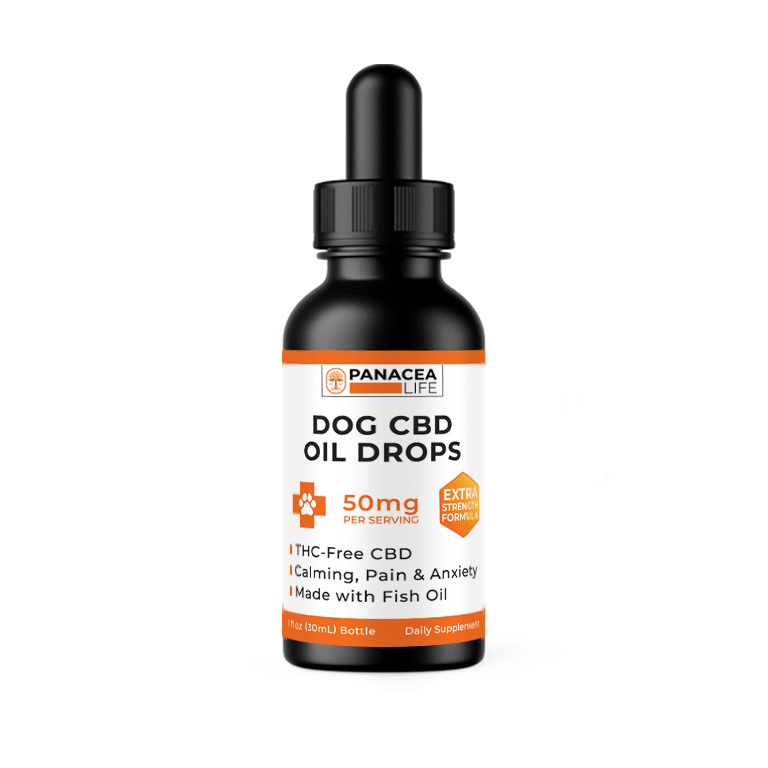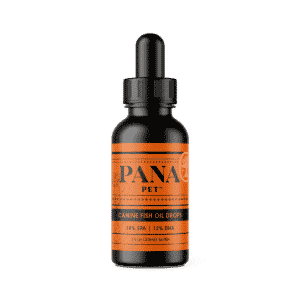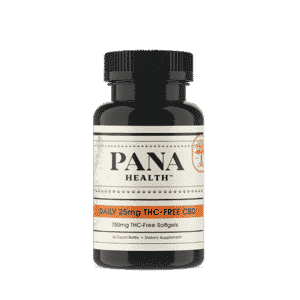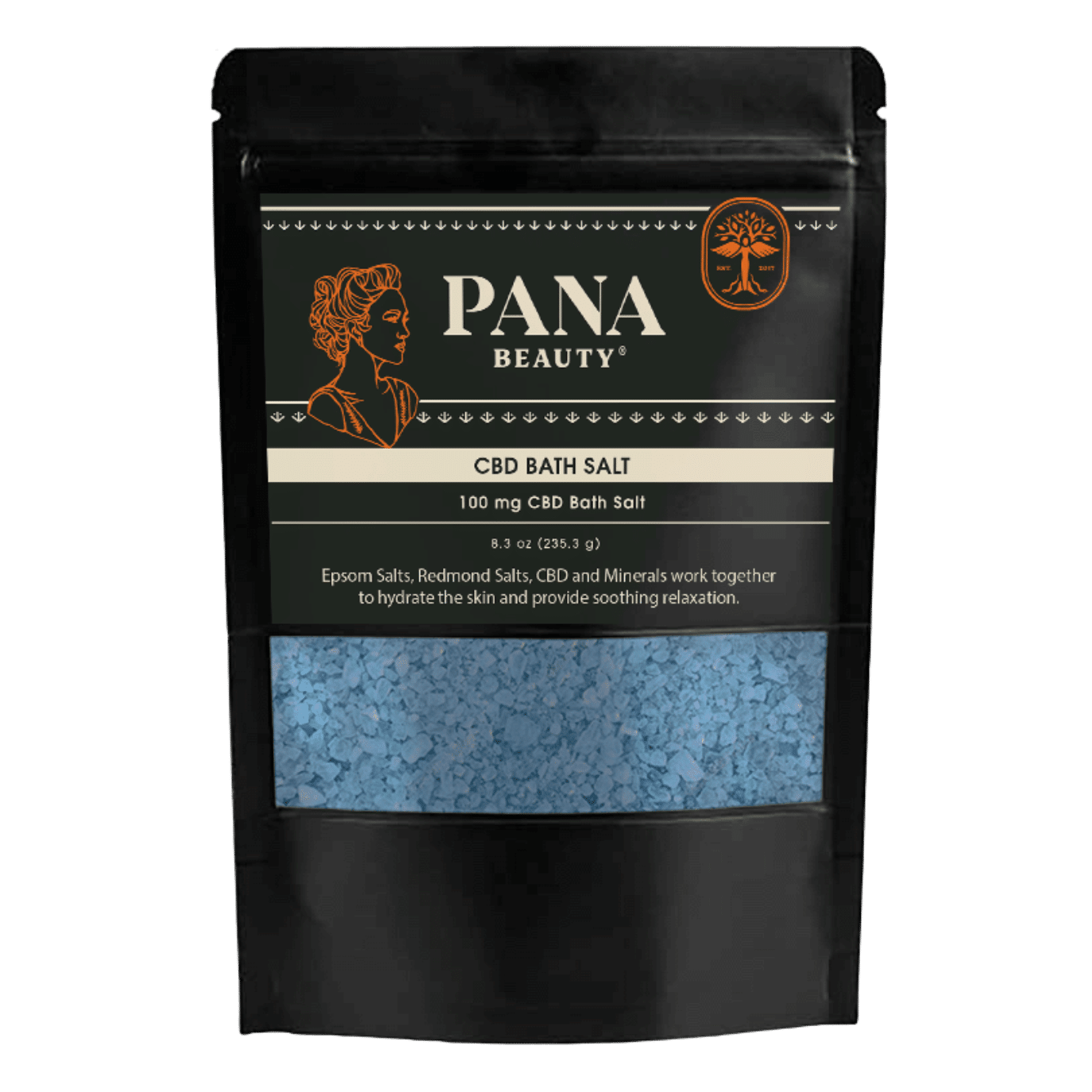Is THC for Pets toxic? Cannabidiol (CBD) has been making its way onto shelves everywhere it seems, and with its highly welcomed arrival has come an influx of claims regarding its possible benefits, many of which having to do with the possible benefits CBD may offer your furry friends. Whether your furry friend is of the feline or canine variety, research seems to keep throwing promising findings our (and their) way.
Now, anyone who’s anyone knows, at Panacea Life Sciences, we deal strictly in hemp. But, as with any good company in the cannabis industry, we like to cover our bases. Many people are currently wondering: Is tetrahydrocannabinol (THC) safe for pets?
While we at Panacea Life Sciences remain firm in our commitment to offering only the highest quality CBD products, we still believe it worthwhile to address this important question and offer our two cents and provide a hearty explanation of why it is exactly that we choose to remain pure CBD.

CBD & THC
CBD is a naturally occurring chemical compound derived from the cannabis plant. More specifically, it is one of over 480 currently identified substances found in the plant, and among those compounds, just one of over 113 cannabinoids. Another main cannabinoid derived from cannabis that you’ve probably already heard of is THC. The controversial history and legality behind THC explain why CBD had been out of the spotlight and off the shelves for so long. It wasn’t until the 2018 Farm Bill that CBD’s was granted independence from THC and given the opportunity to make a name for itself outside of THC’s shadow.
What allowed this passing boiled down one key distinction between the two: THC is psychoactive, but CBD is not. Because of the different way in which these two cannabinoids interact with receptors in our brain, one (THC) results in feelings of euphoria, or the “high” associated with it and its as-previously-stated controversial past, while the other (CBD) does not allow for such an intoxication to take place. In fact, it can even disrupt THC’s influence and dull its resulting high.
Is THC Toxic for Pets?
To put it simply, yes, but in the same way that THC is toxic for humans. You see, the aforementioned “intoxication” induced by ingesting THC is going to happen when your pet ingests it as well. As with any intoxication, the severity or possible danger of it depends heavily on dosage, and as with any drug, there exists a therapeutic window of where the drug being ingested can lead to benefits and where it can lead to toxicity.
The lethal dose of THC is relatively high and unlikely to be reached or even approached by human or animal, especially when a pet owner is carefully monitoring and administering the appropriate doses. The majority of instances of animals ingesting significantly large doses of THC occurs when they accidentally get into a human’s supply (namely appetizing edibles like baked goods) and proceed to consume the entire stash, whereas a human would have, for instance, consumed only one or two. If a pet owner is extremely careful and conscientious, the risk of dosing your pet to the point of irreversible discomfort, injury or fatality is highly unlikely. That being said, the risk of your pet experiencing a “high” is a likely guarantee, and since we cannot exactly know what’s going on in our pet’s brain, neither can we know exactly how THC makes them feel. The concern here is that the unfamiliar effects of THC could cause them stress. In a more philosophical sense, you are essentially intoxicating your pet without their informed consent or explicit understanding of what they are entering into.
Weighing the Benefits & Risks
Since there are a number of studies floating around claiming certain medical benefits of THC for animals, the choice of whether or not to give it to your pet lies largely on the respective benefits versus risks. That is to say, if your pet had a serious medical condition that could possibly be treated with THC, it might be a viable option to consider in the face of other risks. On the other hand, if your pet does not have a serious medical condition, or the relevant research leaves you skeptical or decidedly unconvinced, it probably isn’t worth the risks. Even if you’re confident the levels of THC are within the therapeutic window and safe in the technical sense, you may not be comfortable with the idea of possibly intoxicating your pet or causing them discomforting, unfamiliar feelings
Better yet, rather than make this important decision all on your own, consult with a veterinarian. Whatever concern you may be seeking to address, there are undoubtedly other options and approaches besides THC. Your veterinarian can provide further information on all of the possible options available to you and your furry friend, as well as a professional opinion on THC as an alternative or supplemental treatment.
Our Stance
At Panacea Life Sciences, we are strictly CBD. While THC undoubtedly has its possible benefits for humans and animals alike, we prefer to focus our energy on exploring those of the beautiful cannabinoid that is CBD in order to offer the safest, highest quality products to our wonderful customers and their pets.
While many CBD products found at other companies contain small doses of THC that are well within the therapeutic window, we find it reassuring to know our pet products do not and therefore cannot intoxicate your pets. Think about it this way, we simply cannot know what is going on in our pets’ head (as much as we sometimes wish we could). We therefore cannot know whether or not they’re intoxicated nor how they may be experiencing that potential intoxication. Basically, whether or not your pet is enjoying themselves is a mystery.
We prefer to live in the know—and here is what we know for sure: your pet, with their undoubtedly excellent ownership and life of unconditional love, belly rubs and treats…well, chances are they’re already having a pretty good time. We don’t want to mess with that pure, untarnished happiness and satisfaction. That’s why our products are a reliable choice for those looking to test out the benefits of CBD without the associated risks of THC.
To put it simply, your dog probably doesn’t feel the need to get high, so we don’t want to get them high either!
















